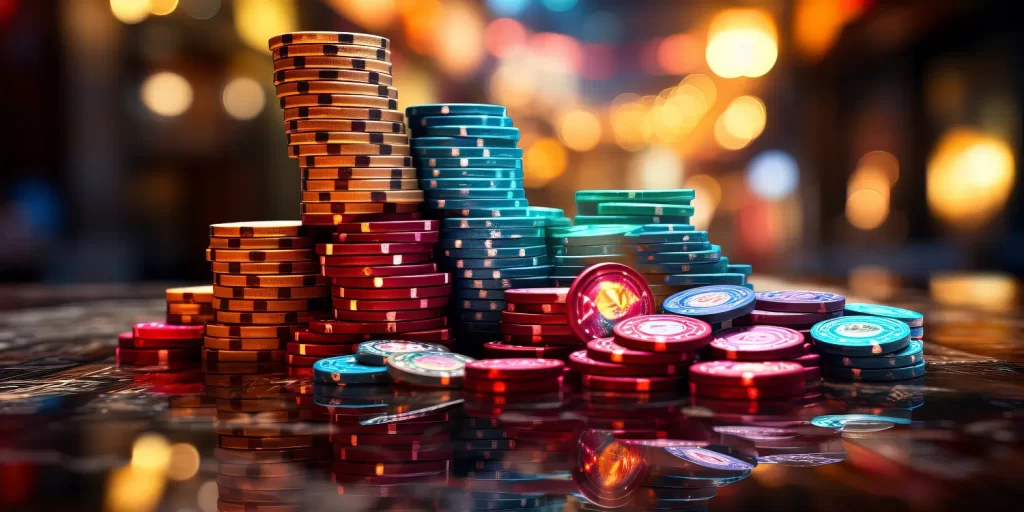
Poker is both a game of skill and chance; however, its core lies in psychology – understanding your opponent’s behavior and emotions can give you a distinct edge at the table.
Players with an effective mental game tend to make more rational decisions and are less susceptible to being affected by emotion. They’re adept at detecting tells and creating strategies around exploiting them.
Game of chance
Poker is a game of chance, yet also demands a strong understanding of psychological factors that affect player behavior. A skilled poker player needs to read his opponents and keep their emotions under control in order to succeed at this game; those unable to manage their emotions could make impulsive decisions or reveal the strength of their hands too soon; skilled opponents can exploit these tendencies for competitive gain.
One of the key aspects of poker psychology is being able to recognize an opponent’s “tells.” A tell is any physical or behavioral sign that gives away their hand strength; these could include subtle cues like an altered breathing pattern or mouth twitch, yet are usually easy to detect if you know what you are looking for.
Players must maintain emotional equilibrium and avoid tilt, which occurs when playing poorly due to frustration or anger. Tilt can reduce winning chances and even lead to unexpectedly devastating outcomes.
Game of skill
Poker is a game of skill, and there are various strategies you can employ to hone your game. Aside from learning strategy, it’s also vitally important to gain an understanding of your opponents’ mental and emotional states – this involves studying their tells – which are subtle physical or verbal signs that reveal hand strength – including fidgeting, avoiding eye contact, bet sizing etc.
Top players also use psychological principles to assess the mental states of opponents and make smarter decisions, including avoiding tilt and making smart bankroll management choices. Self-control is also an essential aspect of poker psychology; this involves controlling emotions such as frustration and excitement and making logical decisions. You alone determine how much money you want to win at the table. A positive mindset allows for optimal gameplay against more experienced opponents while building confidence and honing bluffing abilities.
Game of psychology
Poker is a psychological battlefield, and understanding your opponents’ minds can give you an edge at the table. By decoding their tells and reading betting patterns, skilled players can make better decisions and exploit weaknesses in opponents. Furthermore, their knowledge can help prevent tilt – an emotional state which hinders performance – which could significantly decrease performance levels at the poker table.
Emotional management is another key part of poker psychology. People who know how to master their emotions tend to make more rational decisions and avoid making any rash moves; additionally, they can better resist temptations of trying to recoup lost chips, keeping a disciplined approach towards bankroll management strategies.
Poker psychology involves employing mind games and pressure to influence an opponent’s decision-making. This can be accomplished through various techniques such as trash talk, body language cues and deliberate displays of uncertainty or confidence; or through deliberate bluffing to distort an opponent’s perception of your hand.
Game of self-control
Poker is an intricate mix of strategy and critical thinking, but also psychological warfare. Mastery of these aspects of the game allows players to read opponents, manipulate perceptions and manage emotions – skills which are indispensable in winning at poker whether playing live or online.
Poker psychology involves reading tells from opponents’ behavior and observing their betting patterns, in order to accurately deduce their opponents’ hand strength and make quick decisions. Furthermore, knowing how to regulate own emotions and avoid tilt is also an integral component of playing poker.
To help manage emotions, players should engage in a mental game of self-control. A simple way of doing so would be associating unpleasant activities with rewarding ones; such as watching one episode of their favorite TV show after every hour spent studying poker; this will keep players disciplined and focused.







